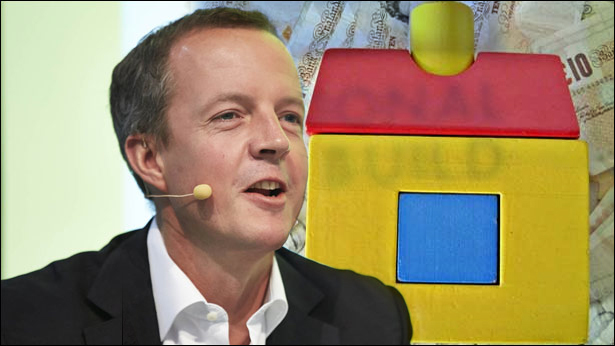
9 February 2014
The Government’s plans to exempt self builders from CIL charges is due to be debated late today in the House of Commons. The complex legislation is expected to be formally approved, and the exemption should come into effect in about a month.
{TEASER}
For some self builders the cost of a CIL charge has been exorbitant – figures as high as £50-60,000 for a single home have been reported – and it has led to about one in eight self build projects being ‘mothballed’ or reduced in size. Now that the exemption is finally within sight the industry is expecting a surge in new house building starts.
The process for qualifying for an exemption has also been clarified. Any genuine self builder who wants to avoid the CIL charge has to apply to their council before any construction work starts and sign a declaration saying that they are building the home for their own occupation. The council should then issue them with a certificate. They can only begin construction activity when this has arrived.
When the home has been built the self builder will have to provide four documents to prove there are bona fide. These are proof of ownership from the Land Registry, a completion certificate, and proof of occupation (for example a council tax or utilities bill in their name). The fourth document can be either a VAT reclaim (for the construction materials they used), a self build warranty, or a self build mortgage.
Councils will hold a ‘charge’ on the property for three years, so if someone moves before this time is up they will still be eligible for the CIL charge. Once the three years have elapsed the charge lapses.
The portal will be preparing further guidance on how the CIL exemption process works and this should be on this site in a few days.



